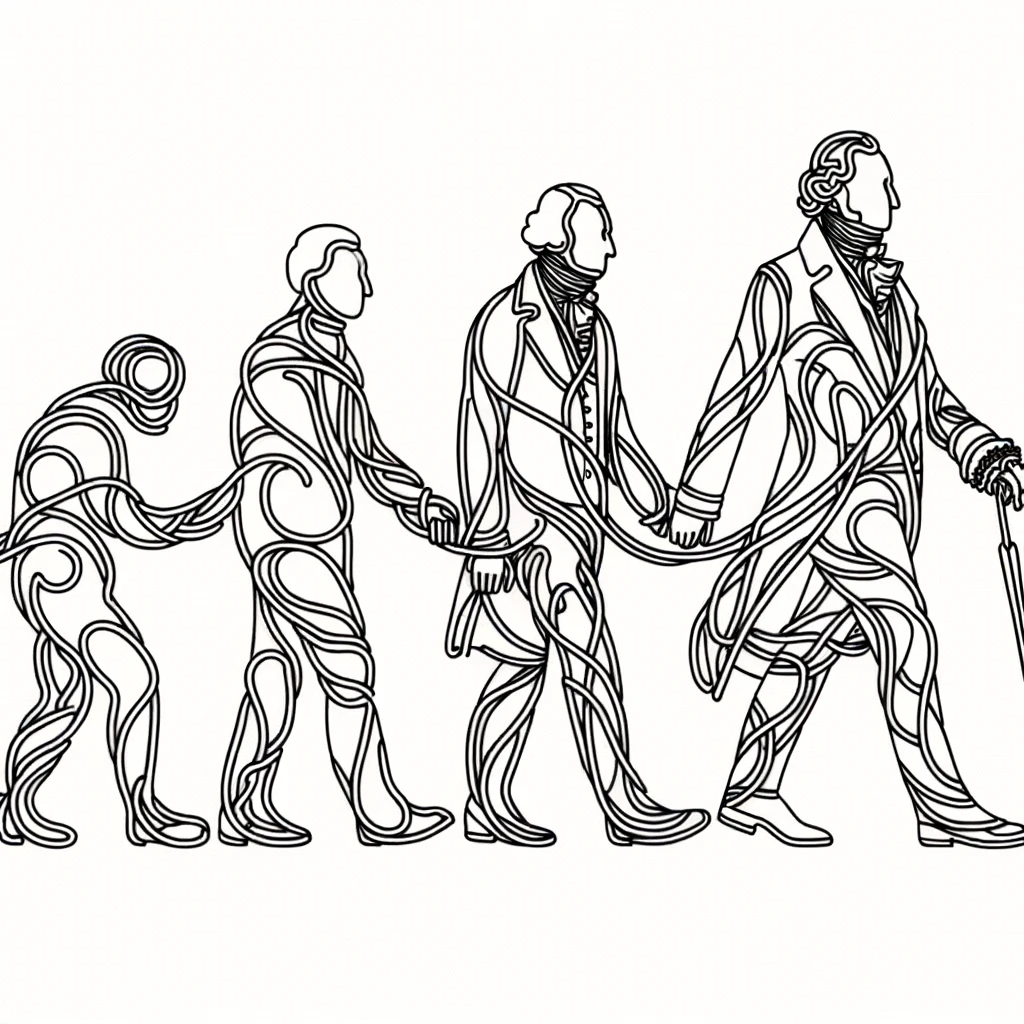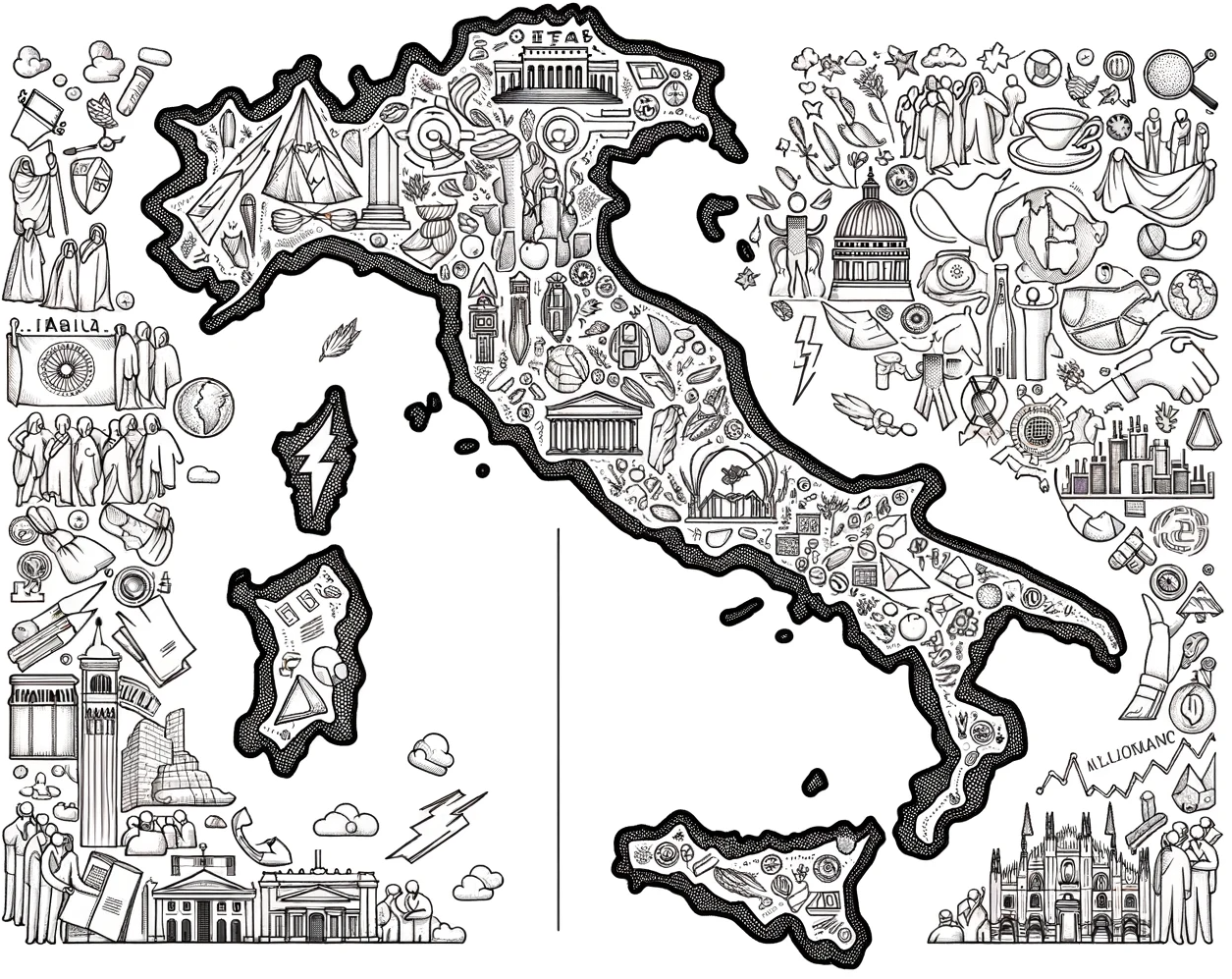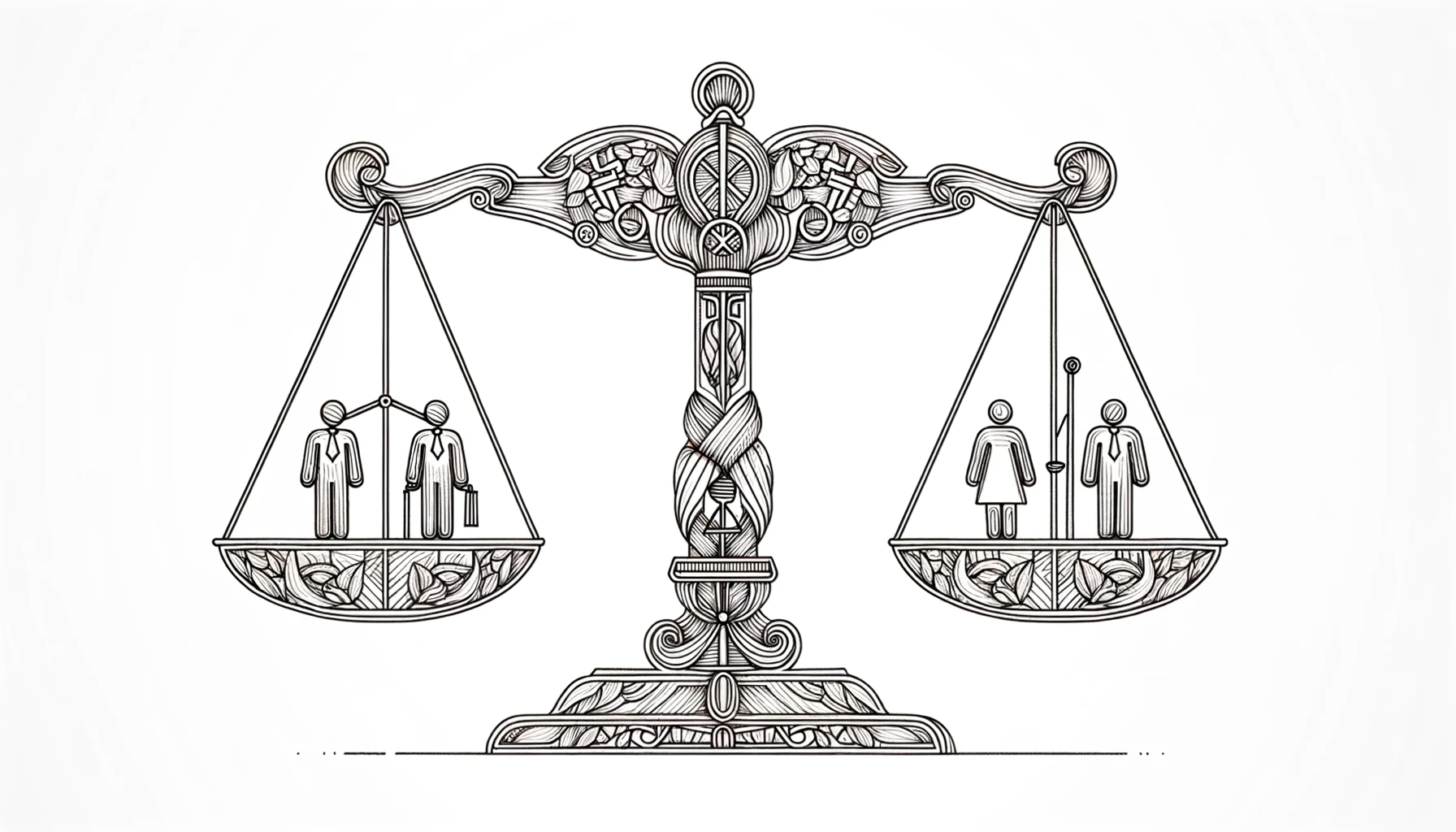Comparative administrative law

Digitalizing healthcare in Italy and Germany: the Electronic Health Record and m-Health regulation as key for e-Health
Giulia Re Ferrè | 29 January 2024 | Issue 1/2024
This article compares the digitalization process of healthcare in Italy and Germany focusing on two main tools: the electronic health record and the mHealth regulation. Despite structural differences, the two countries present similar levels of digitization and, whereas Germany has recently introduced cutting-edge legislation on digital care, Italy has a more advanced level of EHR implementation. The analysis therefore focuses on the issues that have emerged in the two jurisdictions and the complementarity of the solutions adopted.
Read More
Transformation of Civil Service in Portugal: A “Schizophrenic Reality”
Vasco Pereira da Silva | 24 October 2023 | Issue Public Administration and the Transformation of Civil Service: A Comparative (Law) Perspective (2023)
The Portuguese Civil Service has a “schizophrenic dimension” that is a consequence of the “traumatic facts” of its “difficult childhood”, common to all the countries which are part of the “family” of the French administrative Law model, adopted in the period of the liberal State (of the 18th. and the 19th centuries). The current means to enter the Civil Service is through a unified contract for all public employees, which creates a private/public employment relationship. This contractual regime mixes private labour rights and duties with public regulations (including functional duties, like the duty to obey), as well as introduces a duality of jurisdictions. We consider two new phenomena: the increase in the number of senior public administration officials who become political appointees, and the creation of a new kind of "political functionaries" (advisors, assistants), based exclusively on the "public trust" of the members of the Government. These phenomena are responsible for another “schizophrenic situation” relative to the Public Administration, that does not really work like the French way nor the American way.
Read More
Civil Service Reforms in Italy between Mythology and Reality
Stefano Battini | 15 September 2023 | Issue Public Administration and the Transformation of Civil Service: A Comparative (Law) Perspective (2023)
The history of Italian bureaucracy has witnessed a fluctuation between opposing ideological models of civil service regulation, transitioning from one mythology to another. The traditional mythology revolved around a purely public model, emphasizing the political aspect of bureaucracy and its connection to the State. In more recent times, an opposing mythology has emerged, primarily based on a private model that highlights the economic dimension of the civil service, previously neglected, and its relationship with the Market. However, theory has always remained distant from practice, and myths from reality. While the founding mythologies experienced discontinuity, the actual arrangements often displayed continuity. The first part of this contribution focuses on the myth, providing a brief account of the transition from the old to the current ideal model of the Italian civil service, which underwent constitutional transformation. The second part explores reality, examining how this model has been implemented over the past 30 years.
Read More
The transformation of the Civil Service in Spain
Eva Maria Menéndez Sebastián | 2 August 2023 | Issue Public Administration and the Transformation of Civil Service: A Comparative (Law) Perspective (2023)
In recent years, Public Administrations in Spain has undergone significant evolution, particularly due to the emergence of new public governance models, the concept of administrative citizenship (which pertains to the evolving relationship between citizens and the Administration), and the disruptive impact of technology. However, Spain has yet to adapt its public employment system to effectively address this new situation. Moreover, the complexity is further compounded by the challenge of establishing a dual typology of public employees and the increasing addition of employees to which general labor law norms apply. This paper explores the key issues stemming from this situation and emphasizes the urgent need to address them promptly, in order to facilitate a suitable transformation of the Spanish public employment and civil service system.
Read More
The Civil Service in Germany
Veith Mehde | 28 July 2023 | Issue Public Administration and the Transformation of Civil Service: A Comparative (Law) Perspective (2023)
The civil service in Germany encompasses two systems that differ significantly in principle but are not so dissimilar in practice: the two-tier system comprises civil servants (Beamte) and public employees (Tarifbeschäftigte). Civil servants predominantly occupy higher positions within the system. Their legal status has been defined by a series of laws enacted at both the federal and State (Länder) levels. Throughout this process, legislators have been constrained by constitutional provisions mandating adherence to traditional structures. Nonetheless, there have been ongoing developments and discussions regarding potential reforms.
Read More
The Civil Service in Poland: its status in the state and its evolution
Irene Lipowicz | 17 July 2023 | Issue Public Administration and the Transformation of Civil Service: A Comparative (Law) Perspective (2023)
This article analyses the evolution of the political position of the civil service in Poland, against the background of the construction of the civil service recognised by European doctrine. The paper presents the first comprehensive statutory regulation from 1922, with an already mature structure, to which all subsequent democratic regulations referred, sometimes polemically. The second part first shows the destruction after 1950 of the then so professional civil service, combined with the introduction - by force - again of Russian models, including a poorly paid administration, executors of decisions made in a huge party apparatus. The reconstruction of the civil service could not take place until after 1989, and was done under the strong influence of French doctrine and practice, including an attempt to create a dedicated school - the National School of Public Administration. The conclusion shows that the regulation currently in force, which requires revision, lowers employment standards in the civil service, breaks with the principle of competitive and open recruitment for senior positions and undermines the principle of neutrality.
Read More
The advent of Uber distorts traditional legal categories and requires a rethinking of the paradigms of public intervention in the economy. This contribution analyses and compares the regulatory interventions of the Uber phenomenon, through a comparative reading of US and European systems. This contribution considers the broader regulatory perspective of the 'sharing economy' category which operates in highly regulated sectors and is often dominated by operators inspired by strong corporate values.
Read More